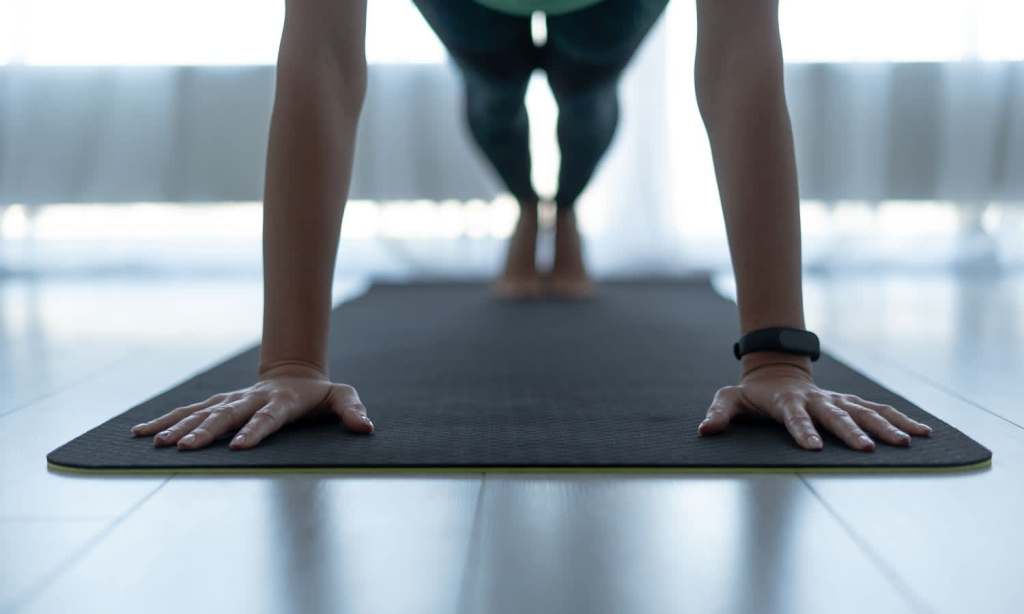New research out of China has surveyed the mental health impacts of forced lockdown and the role exercise played in this.
The study, which was published in the Psychiatry Research journal, surveyed 369 adults who lived across 64 cities in China for the month of February this year.
The participants all had different work situations, with roughly 38% working from home, while more than a quarter of people were still going into the office and 25% stopped working altogether, according to a statement from Sydney University.
The study, which was a combined effort between researchers in China and Australia, found that those who had stopped working reported worse mental health outcomes.
“We weren’t surprised that adults who stopped working reported worse mental and physical health conditions as well as distress,” said Andreas Rauch, the co-author of the study at the University of Sydney, said in a statement.
“Work can provide people with a sense of purpose and routine, which is particularly important during this global pandemic.”
According to the research, those living in areas that were more affected by the COVID-19 outbreak also reported lower levels of mental health and life satisfaction. But, the majority of those who felt this way also had chronic medical issues.
When it came to exercise, the results were interesting.
Participants who exercised for 30 minutes or less reported positive life satisfaction during lockdown, while those who engaged in more than two and a half hours of exercise per day reported lower levels of life satisfaction.
“We were really surprised by the findings around exercising hours because it appears to be counter-intuitive,” said lead author, Dr. Stephen Zhang, from the University of Adelaide.
“It’s possible adults who exercised less could better justify or rationalise their inactive lifestyles in more severely affected cities. More research is needed but these early findings suggest we need to pay attention to more physically active individuals, who might be more frustrated by the restrictions.”
So, from these very early findings, it seems that finding a balance with exercise is key.
According to Dr. Zhang, we can use this data to see what it would be like for many Australians in lockdown.
“The study offers somewhat of a ‘crystal ball’ into the mental health of Australian residents once they have been in the lockdown for one month,” he said.
While Australia isn’t in official lockdown, the Government advice is to not leave the house unless you’re an essential worker, going to out buy items like food and medication, or for exercise.
The current health crisis is evolving rapidly. If you suspect you or a family member has coronavirus you should call (not visit) your GP or ring the national Coronavirus Health Information Hotline on 1800 020 080.
Read more stories from TheLatch— and follow us on Facebook.

